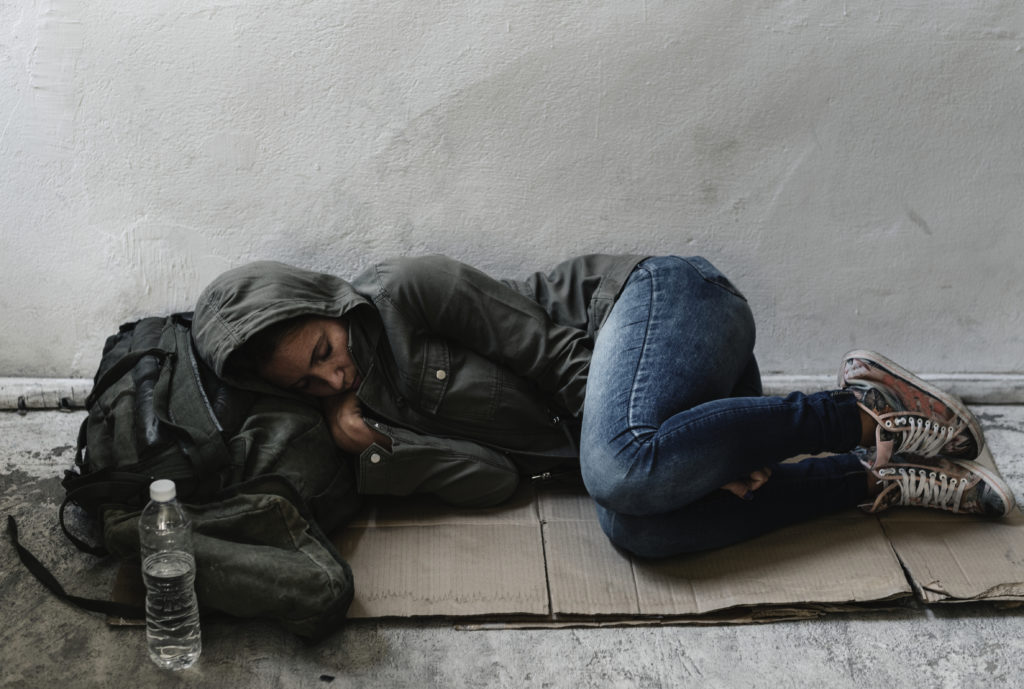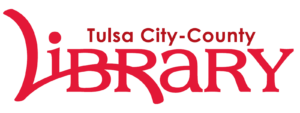
Karen has been a FCS client since 2018. She was a part of Projects for Assistance in Transition from Homelessness (PATH), a federal grant program which provides intensive case management services to homeless clients with severe mental illness. After completing the PATH program, she transferred to the Family & Children’s Services Homeless Outreach Team (HOT).
Karen had been staying in local shelters prior to her participation in PATH, and, after engaging in services, was successfully housed through the advocacy of her PATH case manager. Unfortunately, she ended up leaving her housing situation, bringing her back to the HOT team. Karen continued to stay at the shelter nightly and engaged regularly with her clinician.
With her case manager’s assistance, Karen was able to apply and get approved for SSDI (Social Security Disability Insurance), which has increased her ability to find an apartment of her choice. She was successfully housed recently or a second time. She and her case manager are working on a housing stabilization plan to assist Karen in successfully maintaining her home. She has maintained engagement in seeing prescribers and medication compliance and reports an improvement in her symptoms.
Karen is one of 450 Tulsans the FCS HOT team provides a whole range of wraparound services – from basic needs to emotional support to mental health treatment. Through a 2018 survey, the Community Service Council identified the top five barriers to address homelessness in Tulsa – 1.) Lack of affordable housing, 2.) Transportation challenges, 3.) High barriers to housing access, 4.) Lack of funding/funding restrictions, and 5.) Lack of resources/services for people at-risk of homelessness. The HOT team is housed at the Salvation Army Center of Hope at corner of Denver and Archer. The city’s homeless shelter is housed there. They are on the same block as Day Center for the Homeless, the new Iron Gate facility, John 3:16 Mission and the Tulsa County Jail. The team participates in street outreach as well, so the team is the face of Family & Children’s Services throughout the Tulsa metro area.
According to a Way Home for Tulsa, a total of 1,188 individuals including children were counted as homeless on the night of Jan. 24, 2019. The event was part of Tulsa Point-in-Time Count, an annual count of individuals and families experiencing homelessness or residing in permanent supportive housing completed as a mandate from the U.S. Department of Housing and Urban Development (HUD). The count is completed on one day during the last 10 days in January using a combination of survey responses and Homeless Management Information System data.
Collaborating with community partners, Family & Children’s Services case workers break down barriers, interface with the public and furnish easy access to services the agency provides. Here’s a snapshot at the locations FCS case workers of Homeless Outreach are found. These resources would not be possible without a generous donation from the Anne and Henry Zarrow Foundation.

Tulsa Transit
Rachel (Cremin) Peterman is the newest case manager to join the F&CS’ HOT team. The downtown station is a hub for many things, including the places where the homeless can gather. Although many go through the area, we’ve never had a consistent presence there. Although the homeless team would pass through the area, there wasn’t a consistent presence – until now. After reaching an agreement with the Tulsa Housing Authority last July, Rachel spends half of her time at the transit.
“Since most people are in and out, we provide sheets with phone numbers to various resources people can contact,” Rachel said. “Many people will ask how to go about getting housing, and I will direct them to call the housing authority and let them know where to go to get that information to get that process started.”
Rachel said most of the people she encounters live in Tulsa on the streets or the shelter, and just come to hang out at the Tulsa Transit (not the Greyhound Bus Station). Rachel has been able to interface with the homeless and ensure they have the resources necessary to move on to the next step such as getting a new apartment or obtaining a bus voucher.

Iron Gate
Iron Gate, Tulsa’s largest stand-alone soup kitchen, recently moved to its new 17,000–square–foot facility at 501 W Archer in downtown Tulsa. Iron Gate now comfortably seats 217 guests in its new space. A new covered patio adds another 48 seats along with a fireplace, outdoor hand-washing station, and the signature iron gate, which was designed specifically for the new building. F&CS case manager Kristen Deao is usually at Iron Gate part-time on weekday mornings, talking to potential clients that may come through.
“What is good about the collaboration there, is that once their basic needs of being feed and resting are met, they can begin to look at the other needs that they may have,” Kristen said. “Iron Gate is the first point of contact with other social services. When they come in there, they’re thinking they’re going to get a meal and then they realize that there is someone from an agency and they’ll start letting me know what their needs are. Not all of them need mental health services, but they have other needs that need to be met as well. I love being there because if someone from the agency wasn’t there, they wouldn’t have any idea where to start.”
Deao said there are other local agencies who come in from time to time to assist, particularly if an attendee was barred from coming back to a shelter or location due to misconduct or if a person can’t travel due to health issues. She is also to help with mental health crises when the need arises

Tulsa City-County Library System
Full-time case manager Deborah Hunter spends four days a week at the Central Library and one day rotating between the other branches, working with library patrons who are struggling with homelessness and mental illness. This service started in 2013 and has grown based on need. Many homeless congregate at the library because it provides facilities from harsh weather elements, power, technology and other resources.
The main service Hunter provides is resources for those needing clothing, food and other essentials.
“A lot of the people who come in have no computer experience at all and as you know almost all state and federal agencies now require everything to be done online,” Hunter said. “And so if someone is applying for housing or Social Security, they have to do everything online. I’m there to help them do some of that. I created a couple of workshops to help train library staff. One of the most popular ones I do is “How to Manage Your Responses,” which has attracted 140 TCCL staff members to that workshop.”
The City-County Library is one of the few library systems in the country offering such a service. Since the program started in 2013, 7,042 hours have been logged for one-on-one encounters.
“It’s good to see the outcomes because the needs of the homeless are more immediate,” Hunter said. “The library is a safe place for them to come in because they won’t be judged, they can stay all day, and they can get out of the elements and just relax.”








